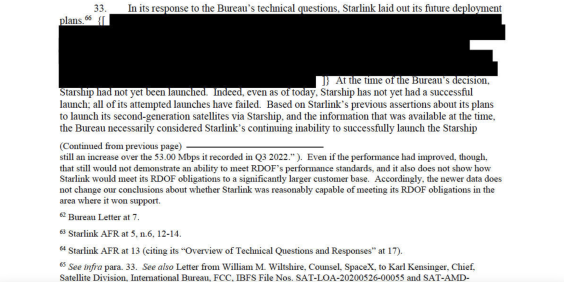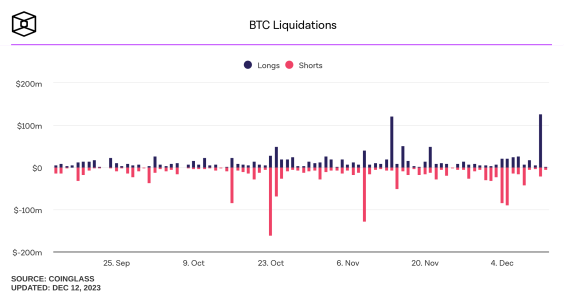This is not investment advice. The author has no position in any of the stocks mentioned. Wccftech.com has a disclosure and ethics policy.
SpaceX's Starlink satellite internet service faced a setback yesterday after the Federal Communications Commission (FCC) upheld its order to cancel roughly $900 million in subsidies that Starlink had won to provide internet access in underserved areas. Starlink, which operates the world's largest satellite internet constellation, has faced a lot of resistance and trouble at the FCC, with multiple rivals questioning SpaceX's plans to build out the second phase of the constellation with the Starship rocket.
These plans were also at the heart of the FCC's latest order, as the Commission cited Starship test flight failures to reject SpaceX's subsidy application. It also cited redacted data shared by SpaceX to state that the firm did not adequately meet the performance objectives of the award.
SpaceX "Disappointed" & "Perplexed" By FCC's Decision To Cancel $855 Million In Starlink Subsidies
In its detailed order, the FCC shared its list of reasons behind the decision to uphold the Wireline Competition Bureau's rejection of Starlink's long-form application for the Rural Digitial Opportunity Fund (RDOF) program. For the RDOF subsidies, SpaceX had to submit two applications - an initial short-form application and a final long-form application.
The short form application, submitted by Starlink, saw the firm receive $855 million in subsidies to provide internet coverage to 642,925 locations spread across 35 American states. After SpaceX won the bid, it then delegated the submission of the long-form application to Starlink, which is SpaceX's subsidiary. The $855 million award was part of a 10-year-long support program, and after the Bureau determined that Starlink would be unable to "deploy a network of the scope, scale, and size" to meet the award requirements.
SpaceX then asked the FCC to reverse and review the decision, but the Commission decided to uphold it yesterday. It disagreed with SpaceX's argument that since it was cleared in the first stage round, the Commission had precluded that it could meet the requirements of the RDOF rollout.

A snippet from the FCC's detailed order that also mentioned Starship.
The two primary reasons behind the FCC's determination that Starlink would be unable to meet its RDOF requirements are the service's performance and the Starship rocket. A key point of contention between the two parties is the data that the Bureau used to evaluate Starlink's performance. Starlink is the only operational low Earth orbit (LEO) in the U.S. to evaluate the constellation's performance, the Bureau relied on data from Ookla that described Starlink's performance in 2021 and 2022.

In its appeal, SpaceX rejected Ookla's data as unindicative of Starlink's performance in 2025 when the RDOF program would start coverage. However, in its detailed order, the FCC defends the Bureau and argues that the Ookla data is the only one that could be relied upon due to a lack of comparable systems.
The second reason behind the FCC's decision to uphold the decision is SpaceX's Starship program. According to the FCC, the Bureau had relied on information about Starship at the time of its evaluation, which provided it with little faith in Starship's ability to regularly launch the second-generation Starlink satellites. SpaceX's decision to outline two launch plans for Starlink, through either the Falcon 9 or Starship, had generated criticism from rival companies, and the firm had changed its decision to rely solely on Starship for the second generation Starlink launches later on.
After the FCC's decision, SpaceX's response expressed disappointment with the firm, stressing that Starlink is "likely the best option" for providing RDOF coverage. Describing the standards as "arbitrary", the firm nevertheless concluded its response by sharing that it is "ready" to work with the Commission to provide coverage to underserved areas.












